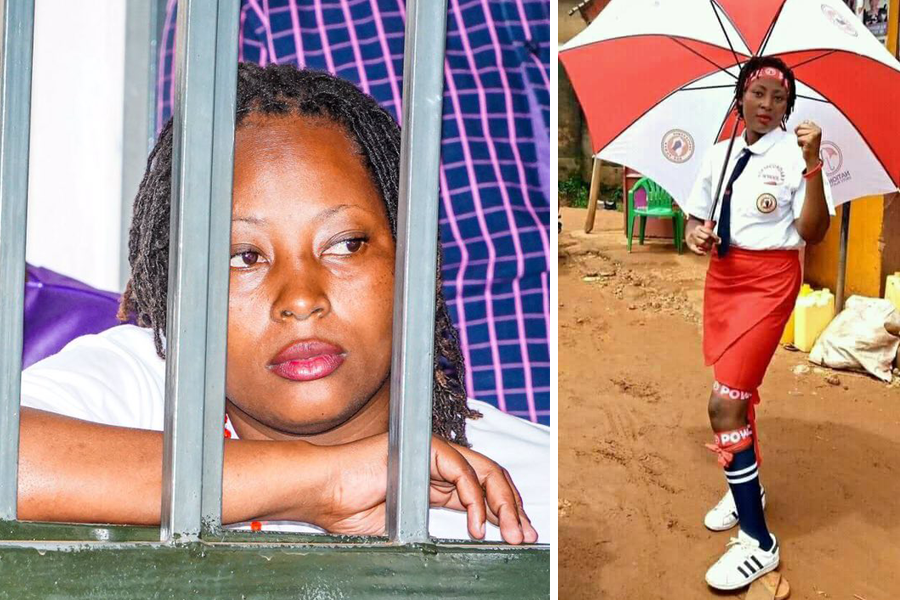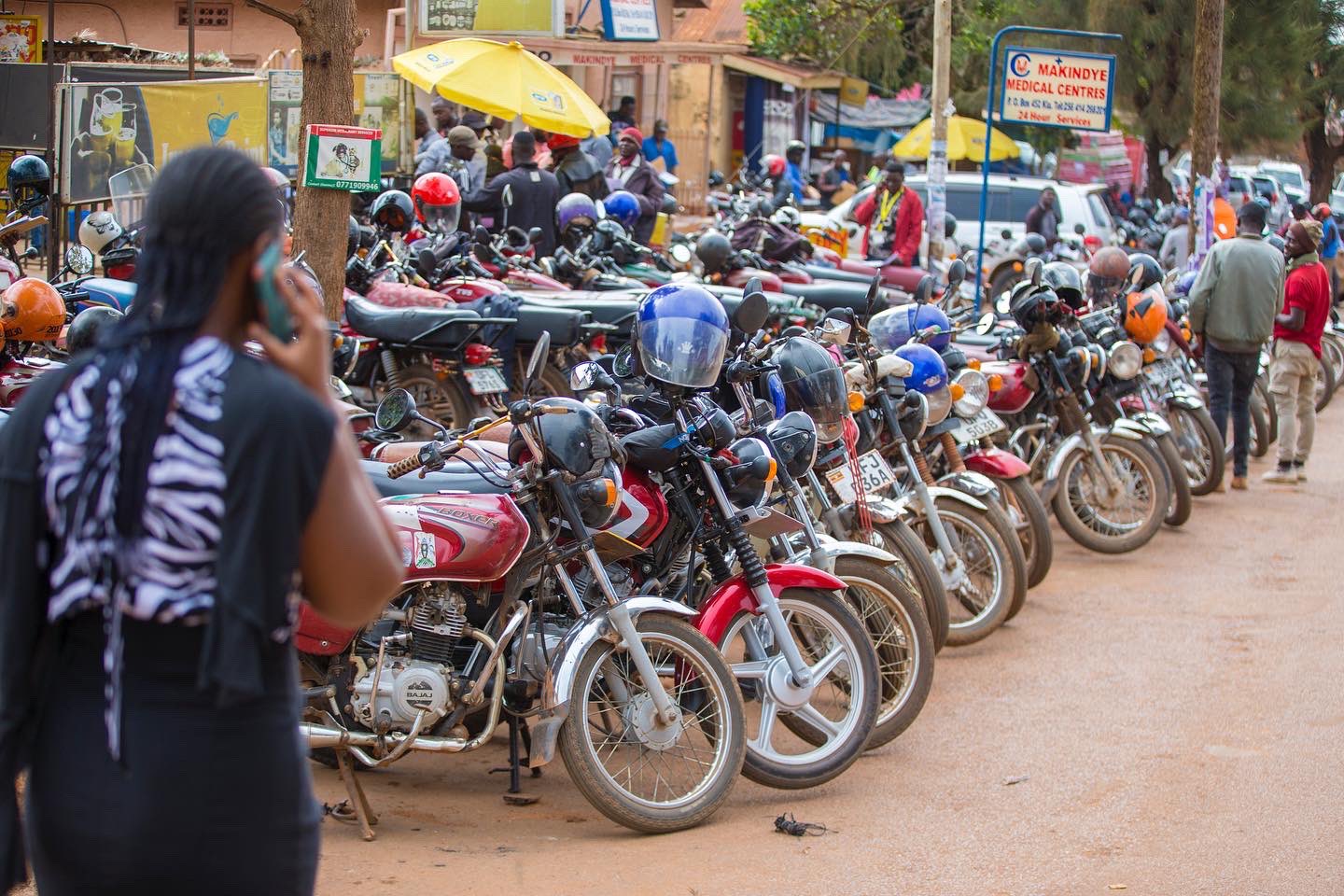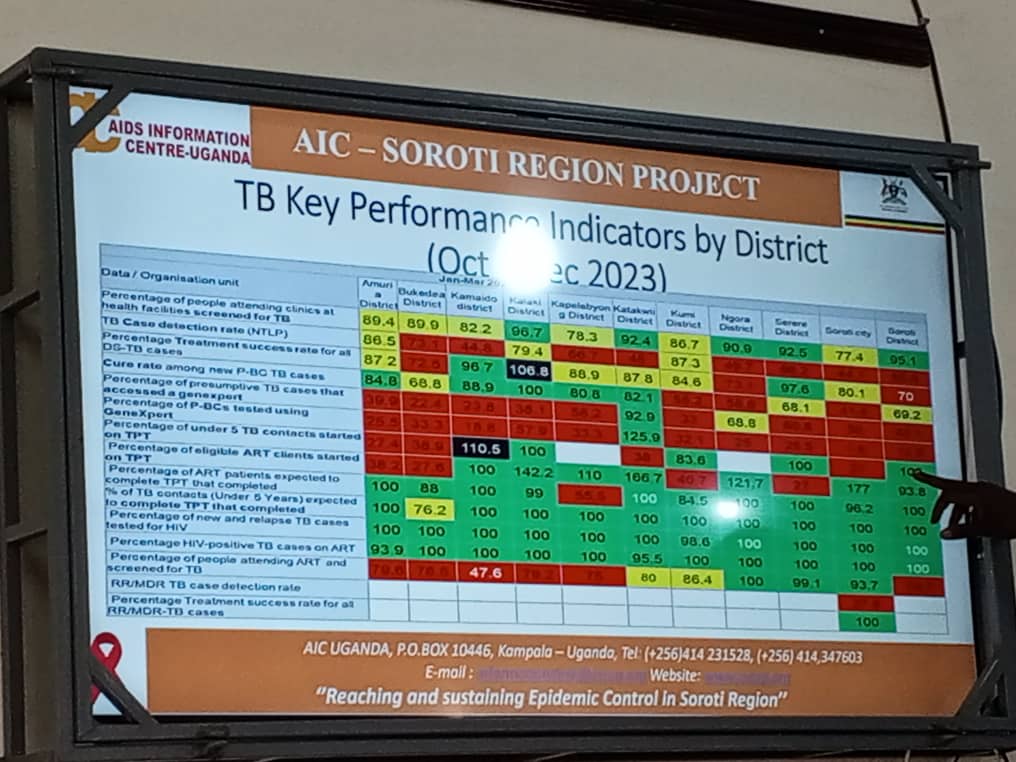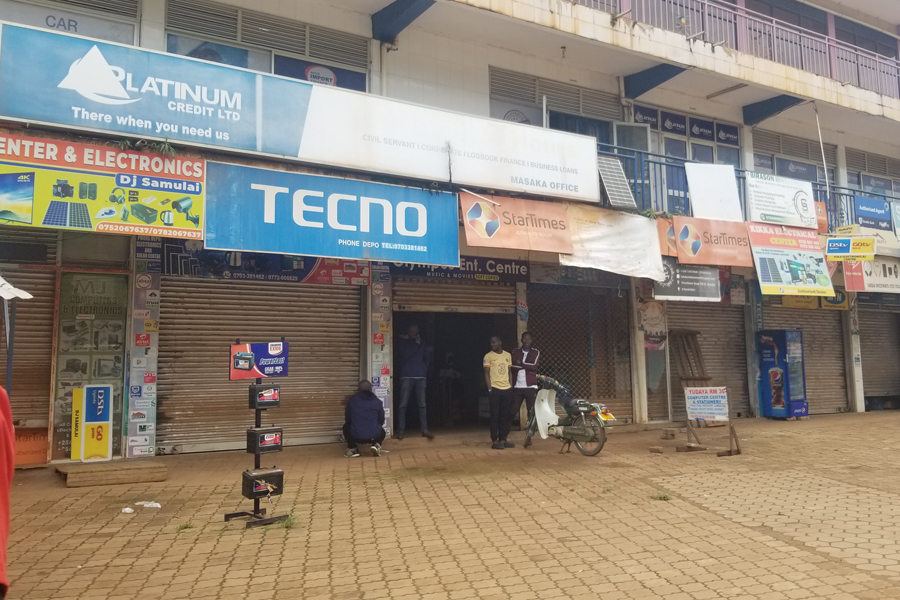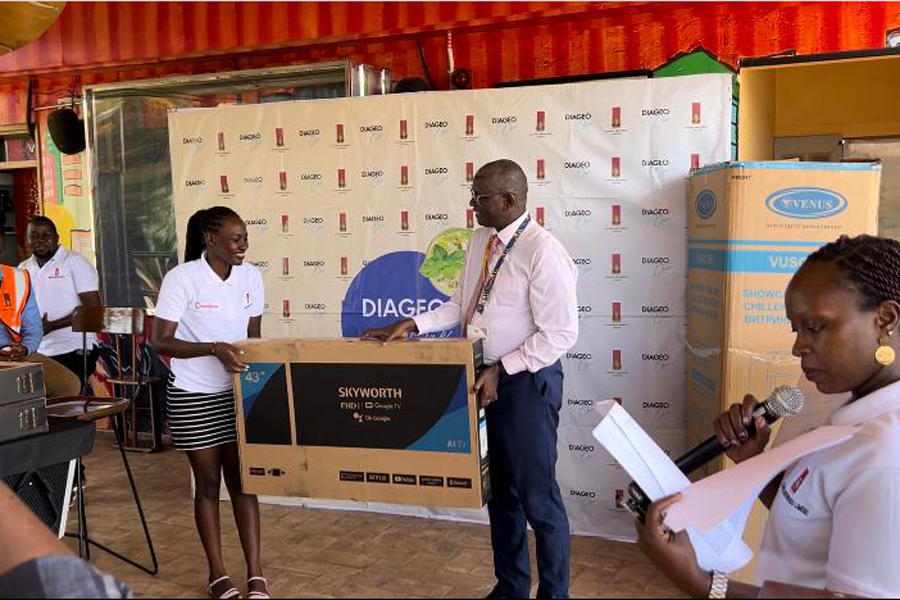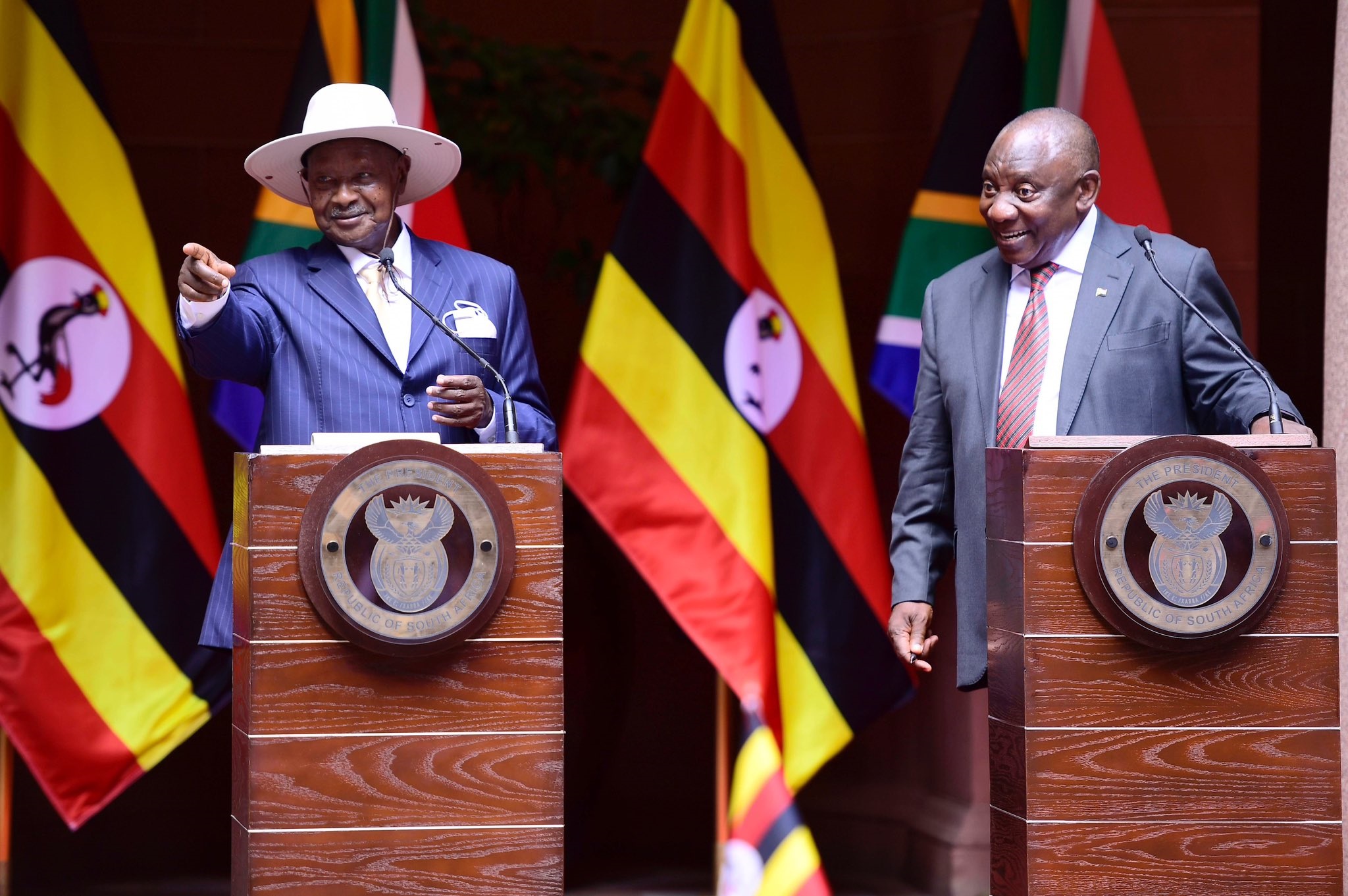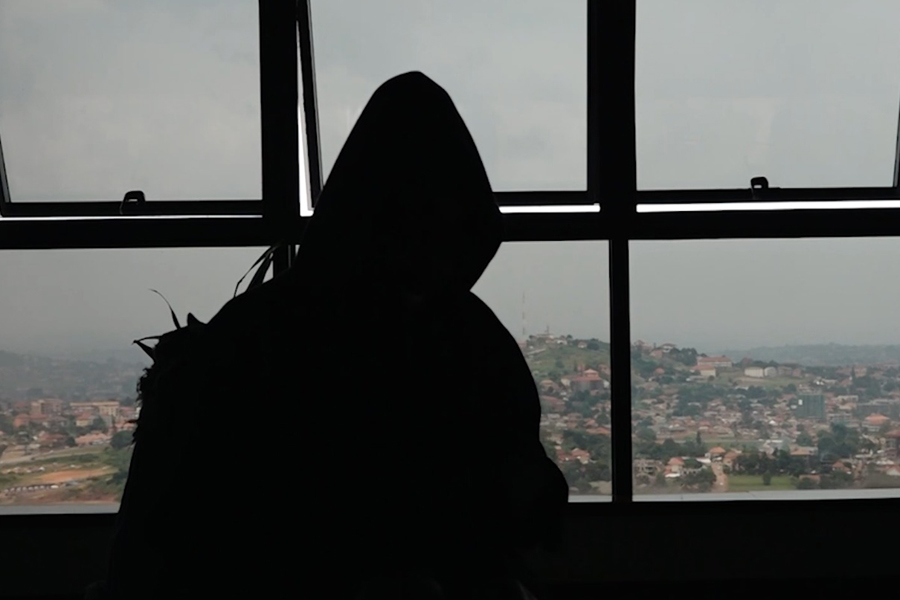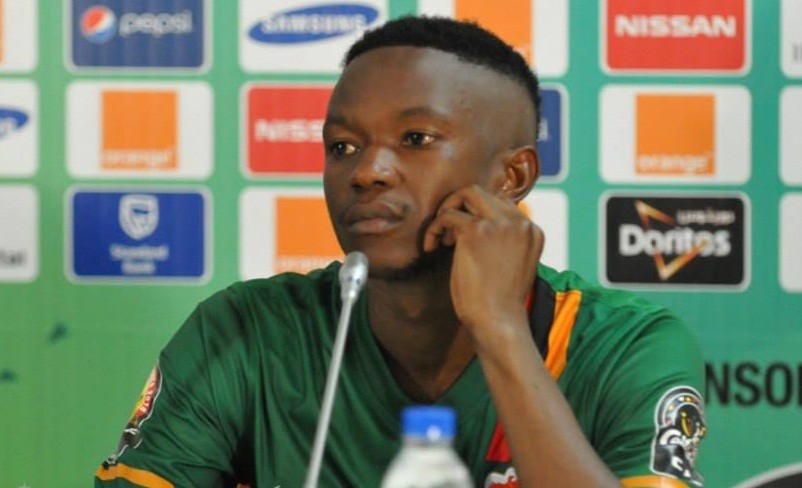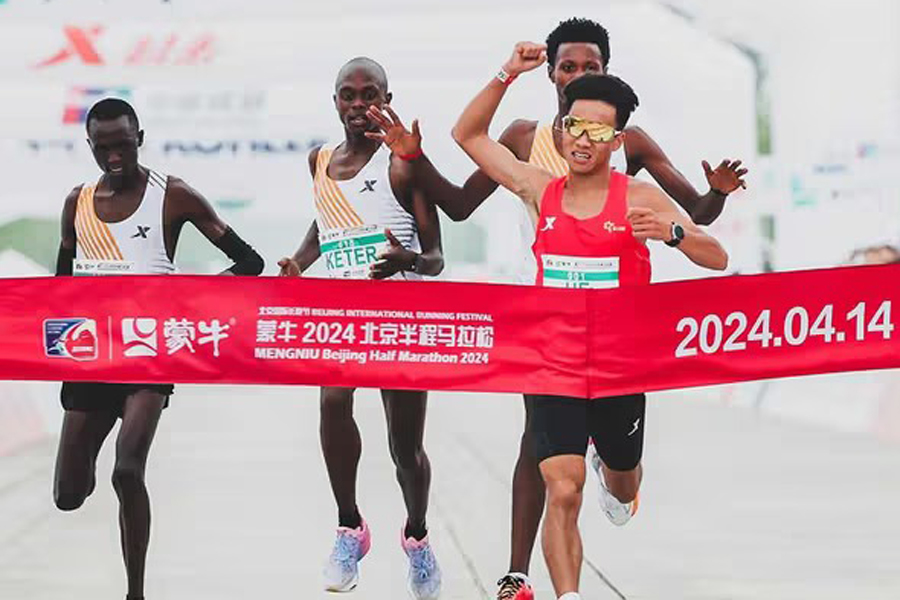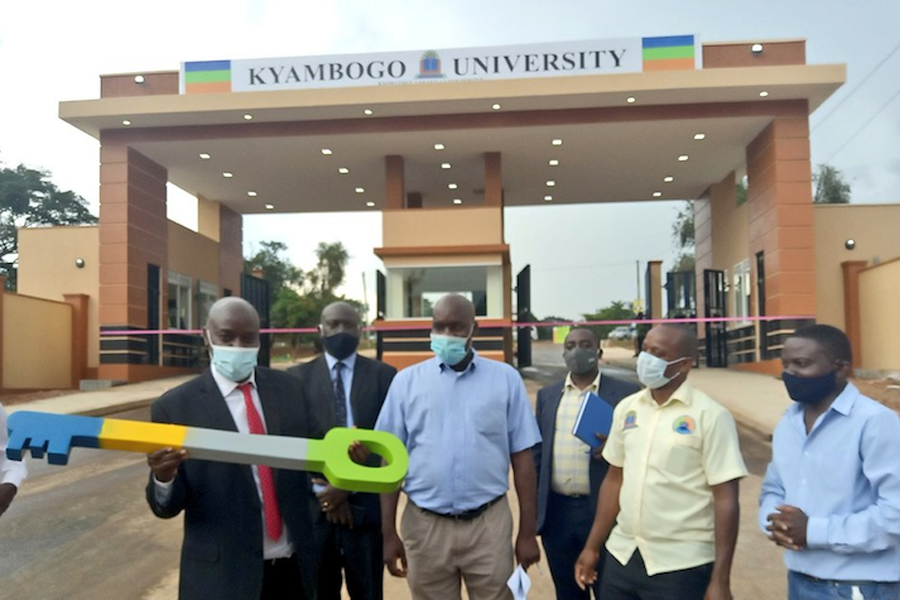The two largest parties in the hotly contested presidential race in the Democratic Republic of the Congo say they have accepted the recent announcement that long-promised general elections will be delayed by one week, to Dec. 30.
What's in a week? In Congo, the answer depends on your politics.
The opposition is using the controversial delay, announced Thursday by the electoral commission, as a rallying point to stir supporters. The opposition said the government was "technically incapable" of holding the poll, which was planned for this Sunday.
Plea for calm
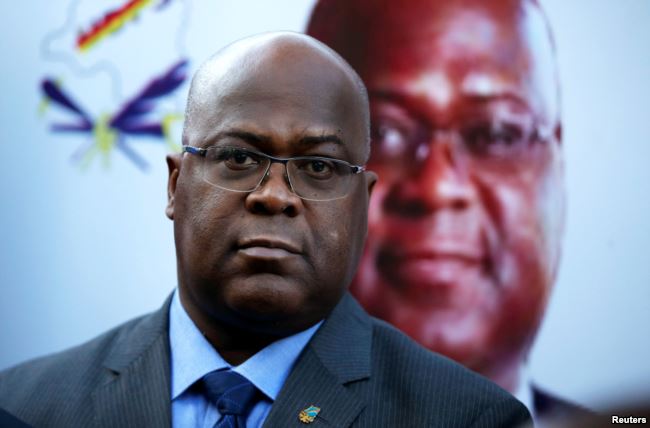
Before a crowd of hundreds of people in Kinshasa, Congo's leading opposition figure, Felix Tshisekedi, on Friday urged supporters to remain calm and accept the delay, according to a Union for Democracy and Social Progress official who briefed VOA after the event. But the party's secretary-general added that holding the elections after Dec. 30 would constitute a "red line."
The party official also said that the opposition would continue to campaign until 24 hours ahead of the poll, in defiance of a recent ban on opposition rallies in the capital due to concerns about street violence.
Meanwhile, the ruling People's Party for Reconstruction and Democracy — which has been in power for more than two decades and whose candidate, Emmanuel Ramazani Shadary, was handpicked by longtime President Joseph Kabila — was resigned to the delay, ruling coalition spokesman Andre-Alain Atundu told VOA.
"We'll cope with it," he said. "And meanwhile, we'll try to take advantage of this seven days, this week more, for the benefit of this candidate, Mr. Shadary."
Concerns about violence
Analyst Paul Nantulya of the Africa Center for Strategic Studies in Washington told VOA that the significance of the delay pales in comparison to that of the two years that Kabila has remained in power beyond his mandate. Elections were supposed to happen in 2016, and the repeated delays have raised concerns of possible violence.
"Kabila has moved very, very meticulously," he said. "We've seen signs, the potential of violence. I mean, there have been skirmishes between opposition supporters and supporters of the ruling coalition in Kasai, in Kinshasa as well. There were these incidents over the weekend. The Catholic Church has been very concerned and rightly so.
"What we're hearing is they're going to deploy 41,000 peace monitors around the country, because they're very concerned about what's going on. The police has announced it's going to be deploying thousands of security personnel."
Ruling coalition spokesman Atundu dismissed concerns around the poll.
"We are confident that things … will go on as we hoped," he said. "There is no reason that Afghanistan can organize elections. Cameroon can organize elections, and there is no reason that DRC cannot organize elections. This delay is just a small delay … but one week is not so far."
Credibility of election
Nantulya also raised long-standing concerns — mostly from the opposition and international observers — about the poll being credible. In a round of recent interviews with international media, Kabila said that while he would step down as planned after this election, he might return to power in the future.
"Kabila has maneuvered very well," he said. "He is firmly in control of the electoral commission. The Supreme Court and the constitutional court, in case there is a dispute, are loaded with Kabila loyalists. There were a couple of changes in recent months. He's firmly in control of the coercive instruments of the state, the police and intelligence in particular, that have been implicated in human rights abuses. The military as well."
Those concerns have been echoed by numerous rights groups, and by the international community, which has placed sanctions on Congolese institutions and top officials, including Shadary.


